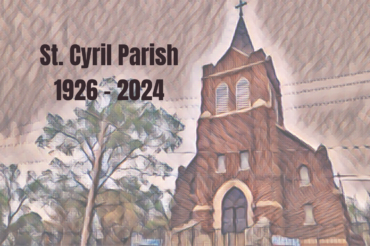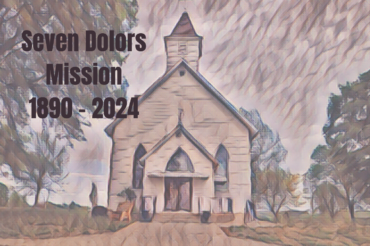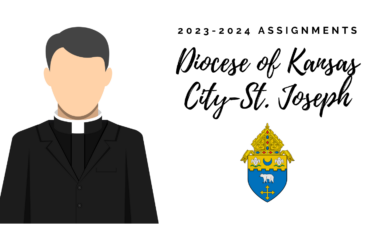Is Life a Cruise or a Pilgrimage?
“It is the Lord who goes before you; he will be with you, he will not fail you or forsake you; do not fear or be dismayed.” Deuteronomy 31:8
There was no abuse or infidelity in the marriage; it was simply not as fun or fulfilling anymore to him. Married life was a lot harder than he thought it would be. “This wasn’t the cruise I signed up for”—those are the words the young man spoke as he decided to end his brief marriage in divorce and try something or someone else. It is a common but telling phrase. The same words could also summarize the reasons why some men choose to leave the priesthood, or why someone stops attending Sunday Mass, or why someone leaves the Church. There is a modern penchant for imagining one’s life along these lines. It is an outlook which weighs everything according to subjective happiness; or, to put it another way, “am I getting what I expected out of this?” To be clear, happiness is something everyone desires. But, the “life is a cruise” mentality can be deceiving, especially for a disciple of Jesus Christ. It can cause one to be blind to something greater than immediate contentment, and that my life isn’t always “about me.”
For the Christian, life is more accurately described in terms of pilgrimage. What are the distinctions? A cruise is all about me. A pilgrimage is directed toward God and seeking him. A cruise is about being content, satisfied and happy. A pilgrimage entails some sacrifice and hardship for not only my own good, but that of others. A cruise is planned to the last detail. A pilgrimage is open to unplanned interventions and acts of God. A cruise is an end-in-itself. A pilgrimage is a journey toward the ultimate end. A cruise is under my control. A pilgrimage is an act of faith that hands control over to God.
One of the major themes running through the Bible is that our life is a pilgrimage toward God and a promised homeland. This theme emerges with the call of Abraham and continues with the Exodus. And in the New Testament the theme continues toward fulfillment: “For here we have no lasting city, but we seek the city which is to come” (Heb 13:14). Christians are by definition, “on the way.”
The “life is a cruise” outlook can be an obstacle to the Christian life in another way. Jesus warned against this in so many words when he said, “Whoever wishes to come after me must deny himself, take up his cross, and follow me. For whoever wishes to save his life will lose it, but whoever loses his life for my sake will find it” (Mt 16:24-25). If we believe life is supposed to be a cruise, we likely will become an enemy of the cross that God has called us to embrace in life.
Ultimately, God wants our happiness too, but it is a happiness that is not found in created things or our own designs and projects. It is a happiness that transcends what the world has to offer. It is a happiness that comes by traveling the “narrow way” of the cross. That is what a Christian’s vocation is—a pilgrimage, taken with and among other pilgrims, each with the cross which God has invited one to carry.
We are creatures in time and so we have no choice but to travel onward into the future. The only question is the way we choose to travel. Will we sign up for the cruise and its promises of happiness, or take the road less traveled, the way of a pilgrim, to receive the gift of happiness from the One who knows what we need?
+James V. Johnston, Jr.
Bishop of Kansas City-St. Joseph
Catholic Key, May 24, 2019 issue
Pope Francis’ May Prayer Intention
That the Church in Africa, through the commitment of its members, may be the seed of unity among her peoples and a sign of hope for this continent.
Bishop Johnston’s May Prayer Intention
For all those graduating from high school and college, that God will guide them along the path of their vocation as they make decisions in this time of transition.





